Trail of the murder of Maltese journalist that shocked the world leads to Montenegro
Daphne Caruana Galizia had been investigating a suspicious Maltese investment in Montenegro before she was killed in a planted explosion in 2017?
Monday, 27.07.2020.
14:03

Trail of the murder of Maltese journalist that shocked the world leads to Montenegro
The issue has shaken the political scene in Podgorica and Valletta since Reuters recently revealed that Yorgen Fenech, accused of ordering liquidation, earned 4.6 million euros in the Montenegrin-Maltese business.The police in Malta announced that even before the media reports, in cooperation with Europol, they started an investigation into the possible corrupt connection of politicians and businessmen in the project on the hill above Ulcinj. When the "Mozura" wind farm was put into operation last November, the ceremony was attended by the then Prime Minister of Malta, Joseph Muscat, and the Minister of Energy, Conrad Mizzi, "Politika" writes, and "Blic" reports.
It is an investment of the state energy company "Enemalta" in a project worth 90 million euros, with a lease of land for 20 years, while the main contractor is the Chinese "Shanghai Electric". Montenegro has committed to "Enemalta" subsidies of 115 million euros during the first 12 years, and citizens will pay three times more for that electricity than "ordinary". The independent Maltese portal "Shiftnews" reminds that the ownership structure in "Mozura" was changed in 2017 and that the majority package is now controlled by the Chinese "Shanghai Electric", although the investment is presented as European.
Just a day after Muscat attended the opening of "Mozura" in Montenegro, Yorgen Fenech was arrested on his yacht. He accused Keith Chambery, the prime minister's right-hand man, of being involved in the murder of the journalist and of personally providing him with information from the investigation. Citizens' protests followed, demanding the PM's resignation. Two ministers resigned, including Conrad Mizzi, who, as the then Minister of Energy, agreed on a job in Montenegro, and the head of the Prime Minister's Office, Chambery, and Muscat only a month and a half later, in January.
The public found out about the Montenegrin trace in the investigation a month ago, when Reuters and the Times of Malta discovered that Jörgen Feneh's company had "built in" to the Ulcinj wind farm project. It made an undeclared profit of 4.6 million euros in December 2015, when "Enemalta" bought the project from a Spanish company that had previously received a concession. The transaction was carried out for unknown reasons through the company "Cifidex" from the Seychelles, backed by Turab Musayev, the executive director of the Swiss branch of the Azerbaijani state oil company "Sokar", which has a joint investment with Fenech in a gas power plant in Malta.
"Cifidex" bought the shares from the Spaniards for 2.9 million euros borrowed from Fenech's company "17 Black", and after only two weeks, they sold them to "Enemalta" for three times the amount of 10.3 million. The loan was returned to the Maltese tycoon, but also a part of the profit, a total of 7.6 million euros. Emails from the same month, received by Reuters, suggest that state officials may have also profited from the job. In them, the accountant informs Mickey and Chambery that he will receive a payment from Fenech's company for services that are not specified. There is no evidence that the payment was made.
The company "17 Black", registered in Dubai. was the main subject of investigation by Daphne Caruana of Galicia. She did not know that the company was Feneh's, but she was sure that the state leadership was being bribed through her. Investigating the "Panama Papers", she discovered that Chambery and Mizzi have secret offshore companies. Fellow journalists discovered after her death that the owner of the Emirati company is the richest Maltese.
Daphne's son Matthew, also a journalist, told Radio Free Europe that his mother was researching all the people involved in the Mozura project. He says that all those companies and people were part of the money laundering network in several countries, including Montenegro, Malta, Panama, New Zealand, Azerbaijan and Switzerland. She says that eight months before her death, she received information that Mizzi was involved in suspicious business in Montenegro. She died in October 2017 when her car exploded. According to previous information, the liquidation was paid 150.000 euros, and three men were accused as direct perpetrators. Asked by Reuters if they knew that Musayev and Fenech were connected to the Montenegrin wind farm, Conrad Mizzi and Muscat answered that they were not, and Chambery did not answer. A few days after Reuters' story, Mizzi was expelled from the parliamentary group of the ruling Labor Party because of the role he played in the purchase of the wind farm.
Two initiatives for Reuters stories have been submitted in Montenegro. Independent MP Srdjan Milic is seeking the formation of a parliamentary committee of inquiry. Maltese MP Jason Azopardi announced on Facebook that Milic asked him for help from the parliament in Valletta to investigate this scandal. He wrote in an e-mail that corruption in Montenegro is "endemic, especially in the field of energy". Demos MPs Miodrag Lekic and Nedjeljko Rudovic sent an inquiry to the Special Prosecutor's Office about the progress of the investigation into the "Mozura" case. Montenegrin oppositionist Nebojsa Medojevic asked the prime minister and the president if they could swear they were not involved in the murder of the journalist, and what they talked about with Muscat, who was intensively visiting Montenegro at the time of the murder. The DF MP also thinks that it is not a coincidence that the main witness of the accusation in the coup affair was the honorary consul of Malta, Tiziano Massa.
The Mozura wind farm has been plagued by controversy from the beginning. The concession was first given to the Spanish company FER 2010, when the value of the project was estimated at 66 million euros, and the equipment was supposed to be "Siemens". The condition was that the company of Tom Celebic, a friend and business partner of Milo Djukanovic, would receive one percent of the shares, "Politika" writes.
The mediator was the "BVP group", which was promised millions in commissions, along with another four million euros to bribe Montenegrin officials in order to speed up permits, investigative journalists revealed. "Shiftnews" states that one of the mediators was former football player Vladimir Popovic. He later sued FER and BVP, when the business failed, and demanded compensation of two million euros. The special prosecutor's office is still dealing with documentation from that period.










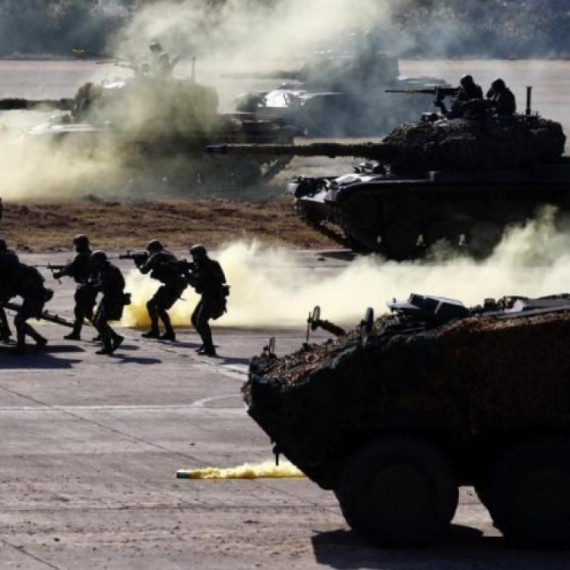

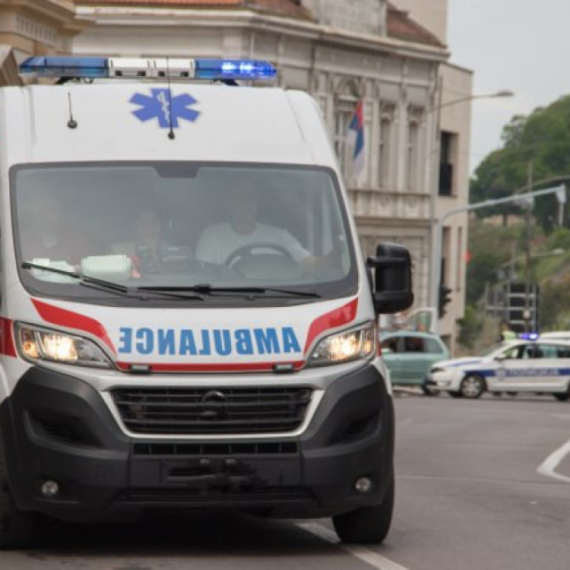
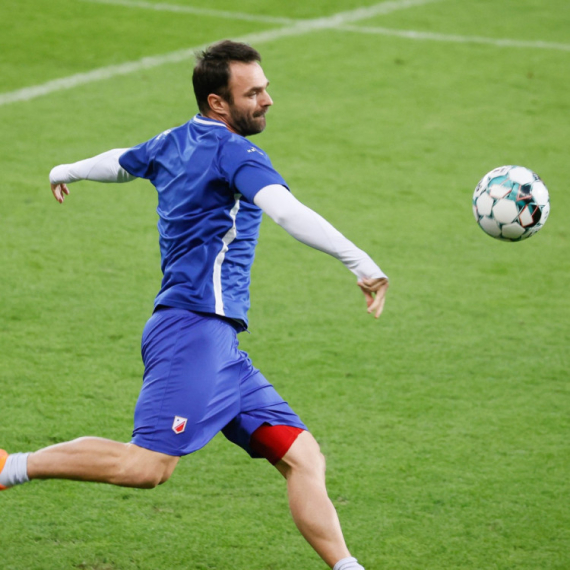
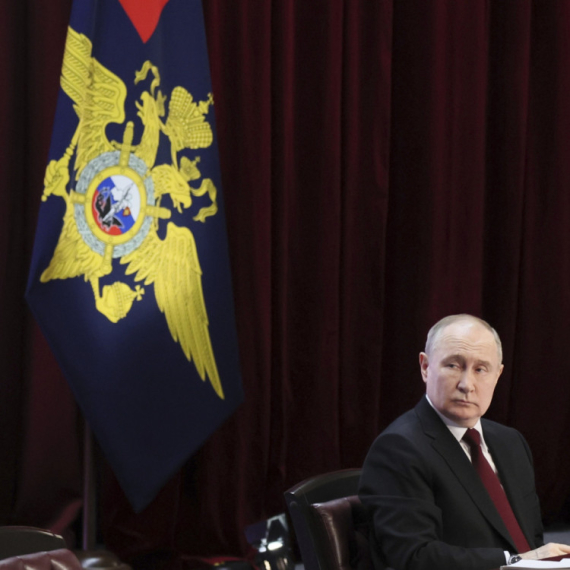

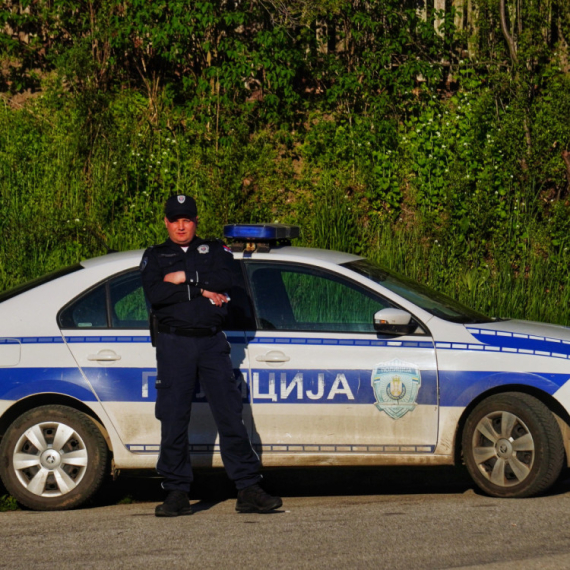

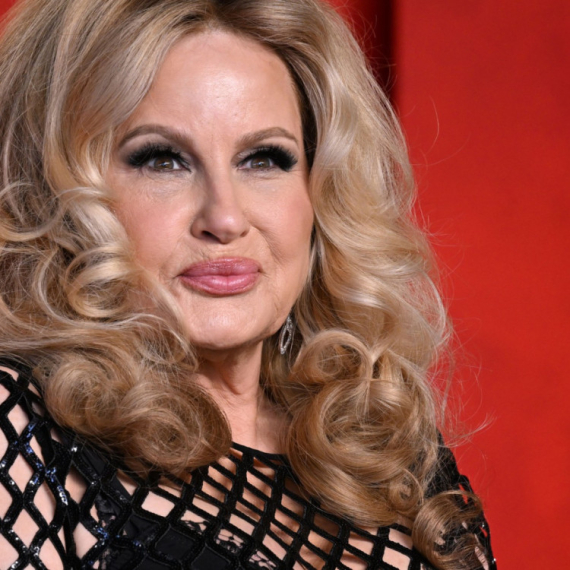







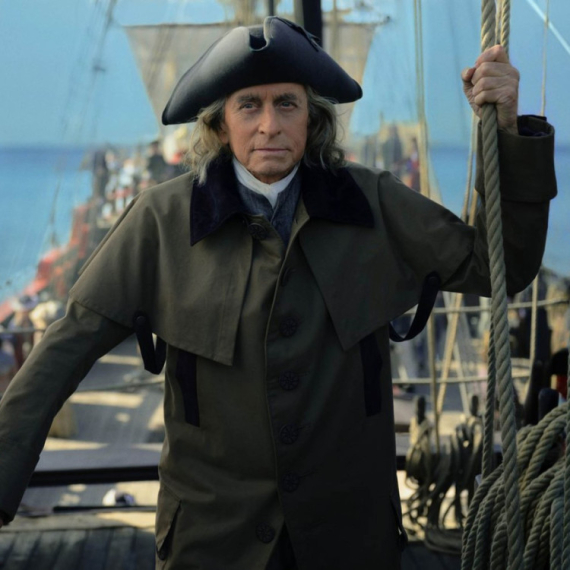


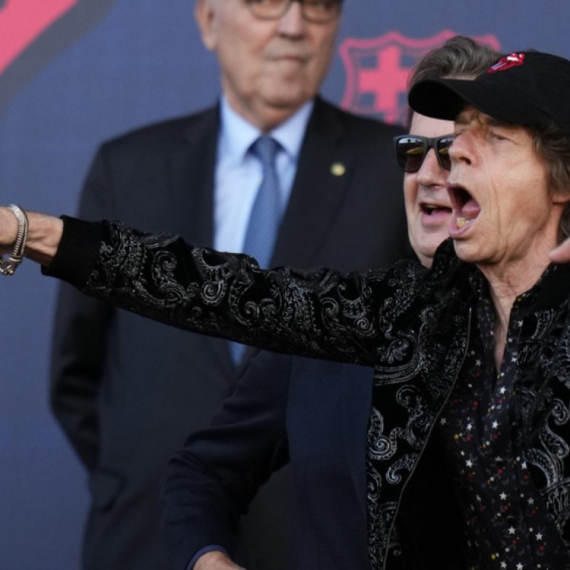
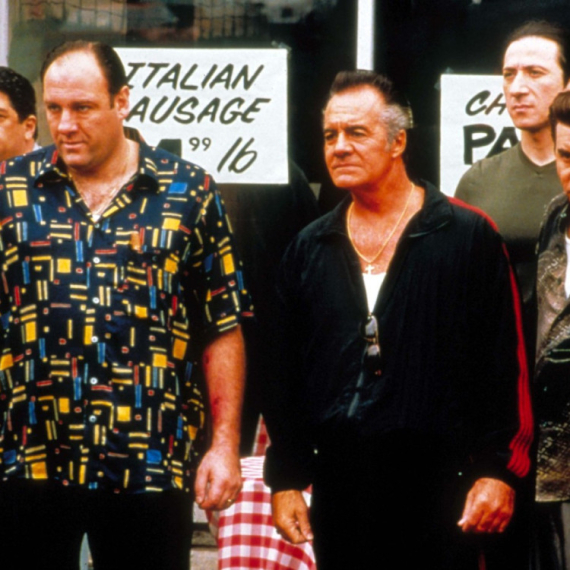





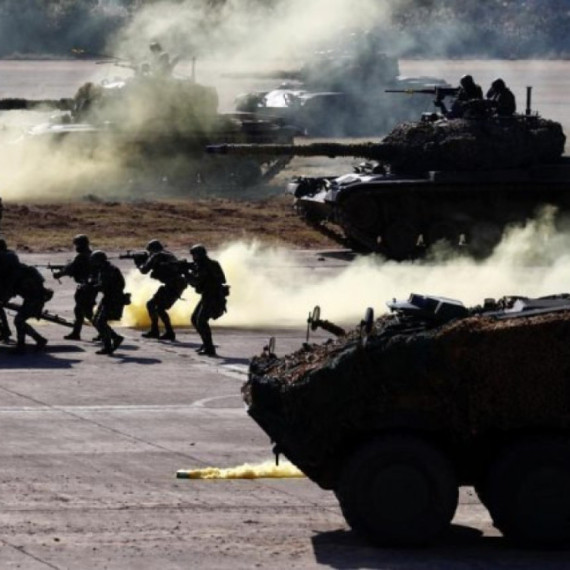
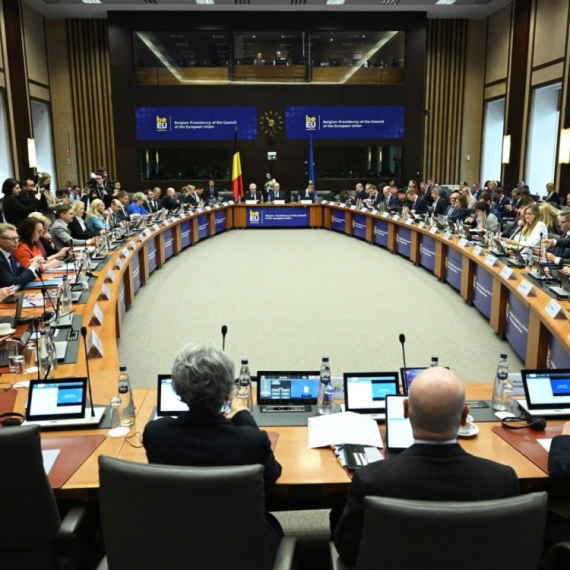
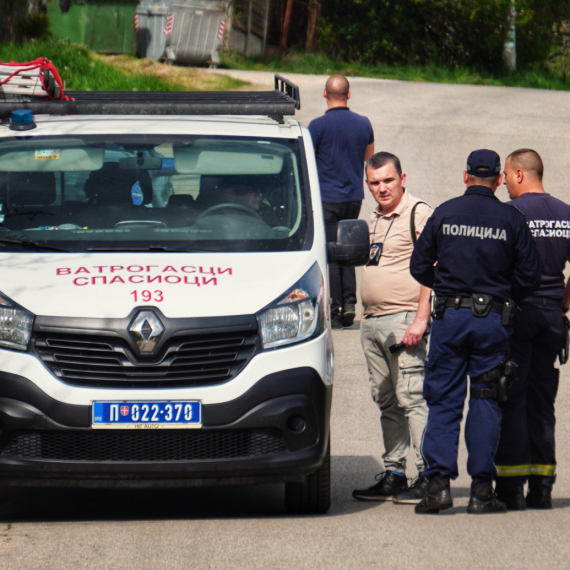
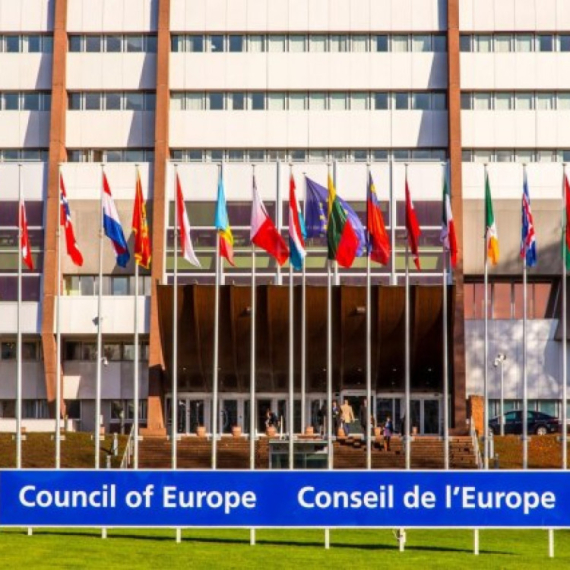






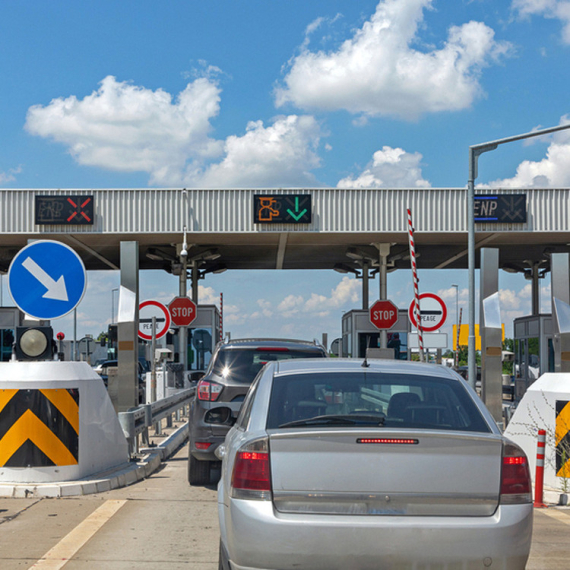
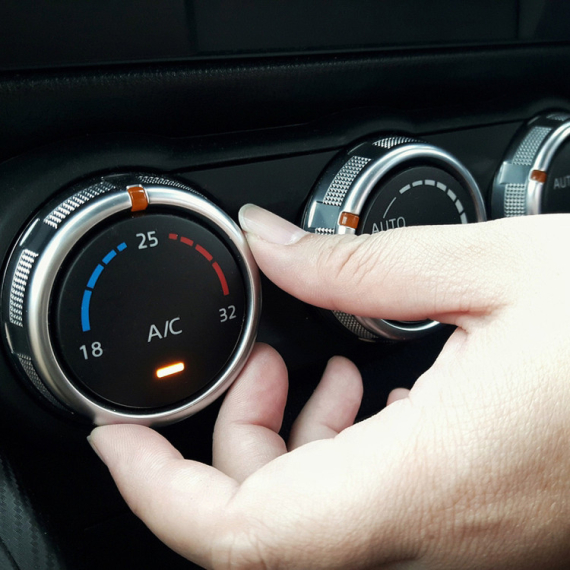


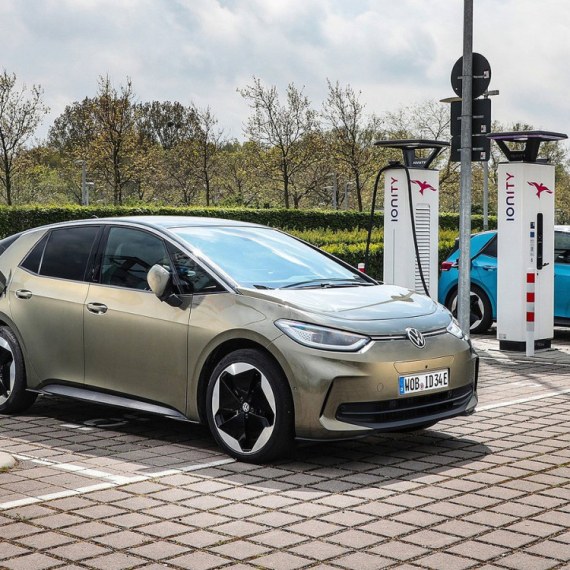

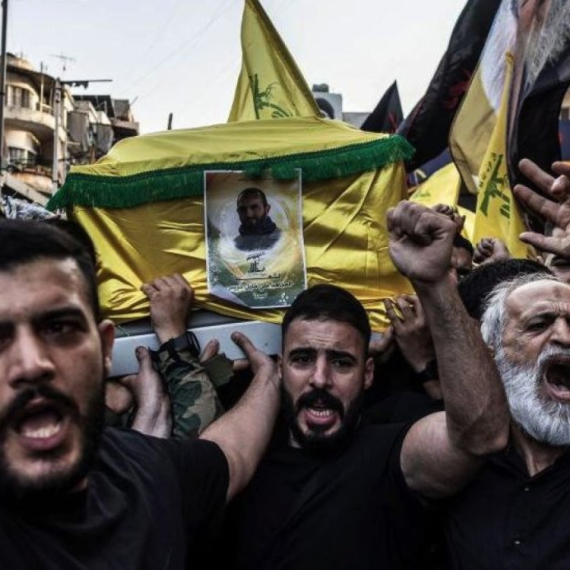
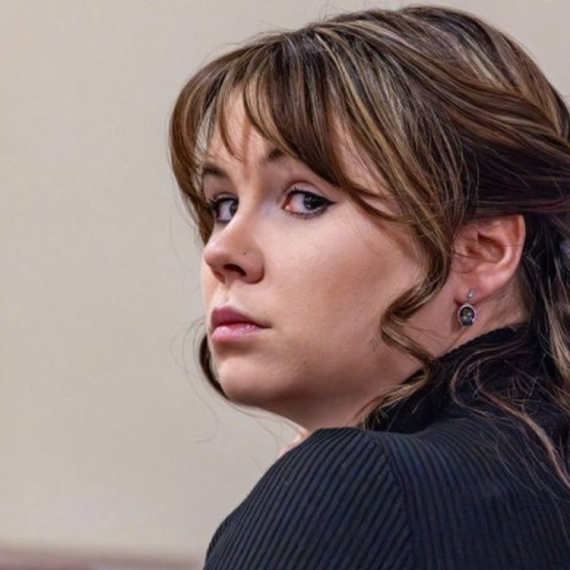
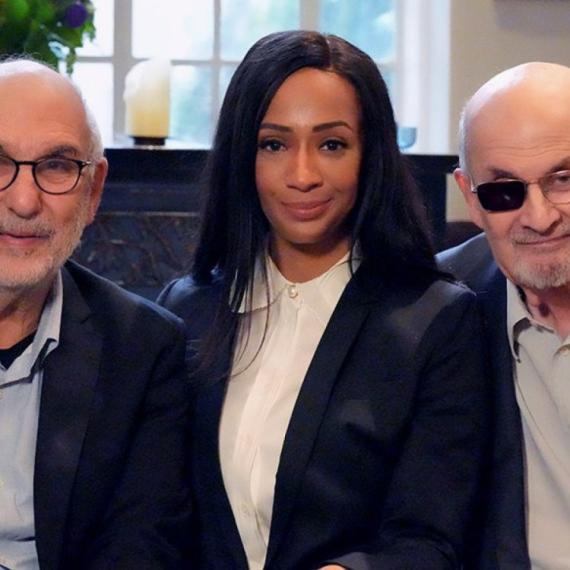
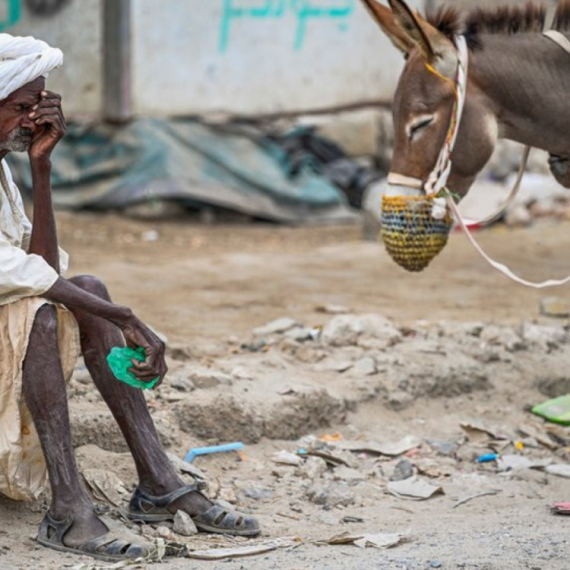

Komentari 1
Pogledaj komentare